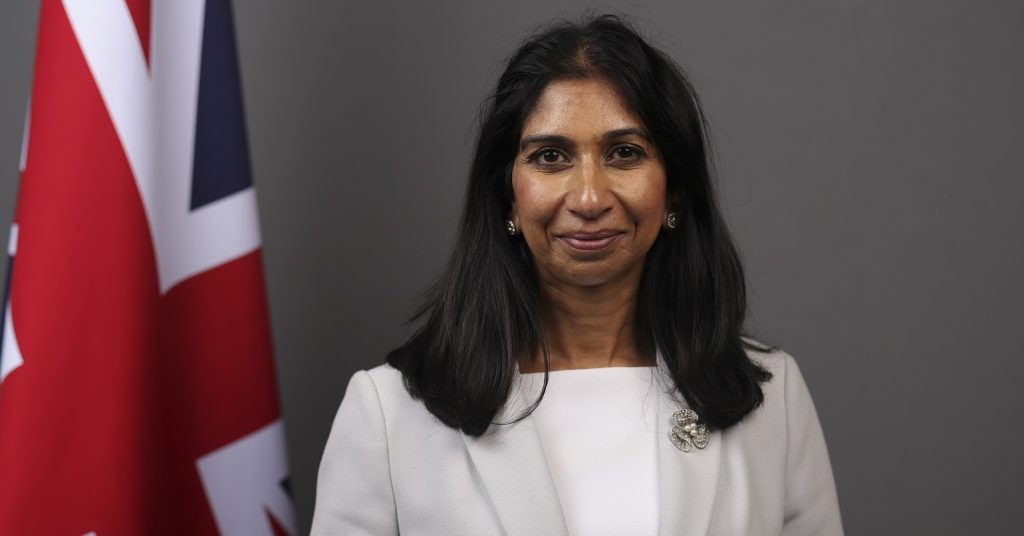The documentary about Romanians that sparked protests in the UK
On March 3, British TV Channel 4 aired the final episode of its three-part documentary The Romanians Are Coming, the story of several Romanian immigrants in the UK as told by the immigrants themselves. From the very first episode, in which three poor Romanians are shown seeking work and a better life in Britain, the series has spurred angry protests from both the Romanian diaspora in the UK and Romanians at home. Critics accuse the series of perpetuating negative stereotypes of Romanians living in the UK, who are largely perceived as criminals or poor people “leeching off” Britain’s social welfare system.
It was not surprising to me, therefore, that Romanians living in the UK immediately took to social networks to protest the documentary. As noted by many critics, the title of the series itself is inflammatory, insinuating that there is a wave of Romanians lining up at the British border like barbarians at the gate.
What was surprising to me, however, was that a good number of those dissociating their situation from the documentary could have starred in the series themselves. Many of them came to the UK from Romania for precisely the reasons featured in the series: to search for a better life for themselves and their families. How could they protest a depiction that mirrored their own story, even if under different circumstances?
The answer can only be that they see the characters in the documentary as ethnically Roma, and therefore don’t like the idea of being lumped in with them.
When people think of Romanian migrants, they often think of the Roma, Europe’s largest ethnic minority and a group that is widely disparaged by British media, political parties like UKIP, and Romanian authorities themselves. The Romanian government has often tried to distance Roma people from the Romanian national identity; Prime Minister Victor Ponta himself has made racist statements associating Roma with criminality in the UK. The Romanian diaspora’s fear of being associated with criminality and poverty actually represents their deeper fear of being associated with Roma.
A big part of Romanian society does not believe that Roma can have dual or multiple identities. In their view, being Roma largely excludes that person from being Romanian at all. This is the essence of the reaction to the documentary, which was about the life of poor Romanian migrants, most of them actually non-Roma.
Romanians have been confused with Roma in the Western collective psyche ever since Roma migrated West after the collapse of Nicolae Ceausescu’s Communist regime in 1989. Simply put, in many Western countries, people see all Romanians as Roma. It’s because of this that most Romanians living abroad, especially in Western Europe, take pains to emphasize that they are not. They have likely felt from time to time in their expat lives that revealing their nationality could leave them vulnerable to the kind of hostility typically aimed at Roma people.
As a Romanian living in Hungary who happens to have a “gypsy” name, I have felt the same attitude too, on more than one occasion. However, I also feel that we non-Roma, as the majority, have to acknowledge that Roma are also Romanian citizens, with the rights and obligations that citizenship entails.
That’s why the outrage over the documentary that aired on Channel 4 is, in my view, a missed opportunity to discuss the actual problems it has dredged up: poverty, exclusion, inequality, discrimination, and most importantly, inconsistent government policies towards the poor, be they Roma or not.
Equality for the Roma minority is an issue across Europe, not just in Romania. The Open Society Human Rights Initiative supports rights advocates in nine Central European countries to document and challenge human rights abuses against Roma.
Few understand that poverty and exclusion are largely the result of centuries of oppression and denial of rights to Roma. The true takeaway for the Romanian diaspora protesting this documentary is: if you want to be treated equally as a minority abroad, you should start treating minorities equally at home.
- This article was reposted with permission from the Open Society Foundation’s blog, Open Society Voices, where it first appeared on 11th March 2015. The author, Mariana Berbec-Rostas, is a program manager with the Open Society Human Rights Initiative in Budapest.




After having watched the series, I am not convinced that those complaining about it did.
The programme was a very sensitive portrayal of predominantly hard working men and women who strove to provide the best for their families. It was focussed on the Roma and demonstrated in a very clear way, through filming one interaction at a tyre shop between an ethnic Roma and an ethnic Romanian, the ingrained racism that the Roma face on daily basis.
After watching this series, I had nothing but admiration and sympathy for those who appeared in it. Yes, the title was provocative, however the content was educative in a way that justified the titles’ sensationalism. The programme was a masterclass in its genre, demonstrating how real people struggle with poverty in today’s Europe.